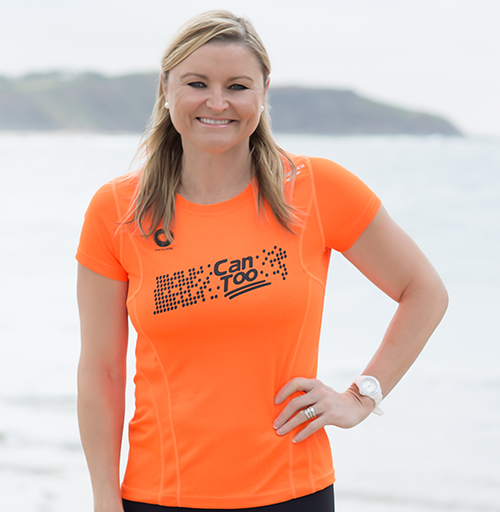2017 grant recipient Dr Fernando Guimaraes makes an exciting discovery in
We recently received some exciting news from one of our current Cure Cancer Australia grant recipients, Dr Fernando de Souza Fonseca Guimaraes, who is an immunologist at the Walter and Eliza Hall Institute of Medical Research in Victoria.
During his 2015 Cure Cancer Australia grant, Fernando visited Dr Nicholas Huntington at the Walter and Eliza Hall Institute and started working on a clever new idea. As a result, he and his colleagues at QIMR Berghofer Medical Research Institute, WEHI and overseas have discovered another way that cancers protect themselves from the immune system, allowing them to grow and spread.
Stopping the Conversion of NK Cells
Researchers found that a particular chemical produced by tumours turns Natural Killer (NK) immune cells into another type of immune cell that appears to help
The findings - published in the journal Nature Immunology - pave the way for an antibody to be developed to stop the NK cells from being converted, and potentially stop
Professor Mark Smyth from QIMR Berghofer’s Immunology in Cancer and Infection Laboratory said NK cells had long been known to be the immune system’s first line of defence against cancer and infection.
“Recently, however, it’s been suggested that a very similar type of immune cell, known as a type 1 innate lymphoid cell, or ILC1, is more important in kick-starting an immune response,” Professor Smyth said. “In this study, we have instead proven that NK cells are the important first line of cells for defending us against cancer. We also found evidence to suggest that ILC1s
Genetic Analysis
Professor Smyth, Dr Guimaraes and the rest of the team conducted a genetic analysis on both cell types and discovered that a chemical produced by tumours – known as TGF-Beta, or TGF-β – converts NK cells into ILC1s.
“Once a tumour starts to grow, it produces more and more of the chemical TGF-β. What then happens is the NK cells, which could have fought
“This is yet another escape mechanism tumours have for evading the immune system and winning the battle. Once
Developing New Antibodies
Professor Smyth said he and his team hoped to develop an antibody to block tumours from turning NK cells into the pro-tumour ILC1s.
“By developing a very specific antibody, we believe we can stop this conversion from occurring,” he said. “This would mean larger numbers of NK cells at the site of
Fernando discovered and sponsored the beginning of this project with his Cure Cancer Australia grant, and shared
“This discovery was all thanks to my Cure Cancer Australia grant, which allowed me to develop, fund and pursue my own ideas, providing me with the foundation for this 4-year work.”
The findings could have a big impact on cancer immunotherapy, and we would like to offer a huge congratulations to Fernando and all involved.
Fernando is funded by Cure Cancer Australia through the Cancer Australia Priority-driven Cancer Support Scheme. His grant is solely supported by The Can Too Foundation.









